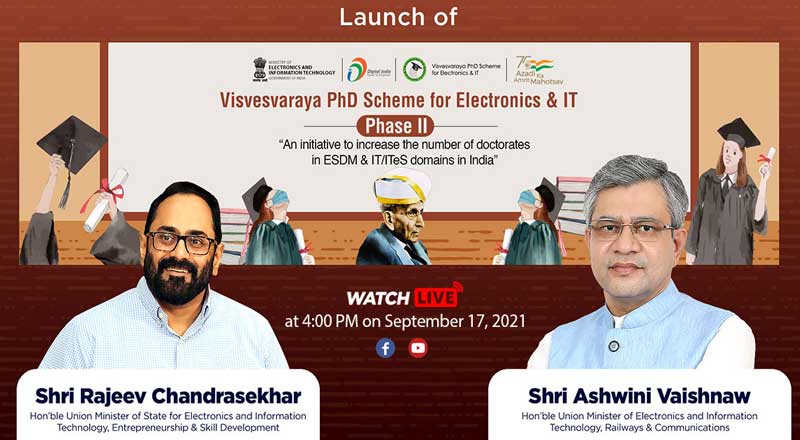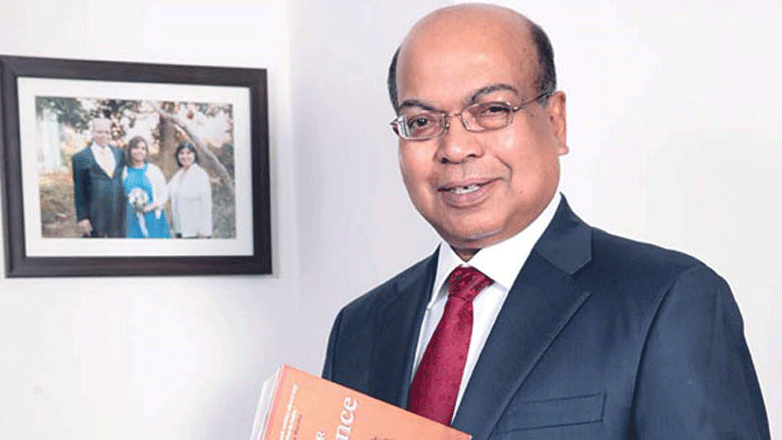Jaishankar Speaks to Taliban Foreign Minister: A Historic First Since 2021 Takeover
In a move that signals a potential shift in regional diplomacy, India’s External Affairs Minister Dr. S. Jaishankar held an official phone call with Amir Khan Muttaqi, the Taliban’s acting Foreign Minister. This is the first political-level contact between India and the Taliban since the group seized control of Kabul in August 2021, marking a significant moment in New Delhi's evolving engagement with Afghanistan’s de facto rulers.
Jaishankar described the conversation as constructive, thanking the Taliban minister for condemning the Pahalgam terror attack that killed 26 civilians in Jammu and Kashmir — an act widely attributed to Pakistan-backed terror groups. The Indian minister reaffirmed India’s traditional friendship with the Afghan people and emphasized New Delhi’s continued commitment to Afghanistan’s development needs. He also welcomed the Taliban's rejection of "false flag" accusations propagated by Pakistani media alleging Indian involvement in attacks within Afghan territory.
The Context: A Volatile Triangle Between India, Pakistan, and Afghanistan
This development occurs in the midst of escalating tensions between India and Pakistan, following the Pahalgam terror attack. Amid the diplomatic stand-off, Pakistan’s military falsely accused India of firing missiles and launching drone strikes into Afghanistan. While these claims were quickly dismissed, the episode raised regional stakes.
Interestingly, the Taliban distanced itself from Pakistan’s narrative. Not only did it condemn the Pahalgam killings, but it also focused its communication with India on bilateral cooperation — requesting more medical visas, trade facilitation, prisoner repatriation, and cooperation on the Chabahar Port project in Iran. This divergence in messaging shows the Taliban seeking a distinct diplomatic identity separate from Pakistan’s shadow.
India’s Cautious but Strategic Re-engagement with the Taliban
India has not officially recognized the Taliban government, but recent diplomatic activity suggests a pragmatic shift. Jaishankar’s call was not an isolated gesture but part of a gradual re-engagement strategy. Over the past year, Indian diplomats have visited Kabul multiple times, holding quiet but substantive talks.
Senior diplomat JP Singh met both Muttaqi and Taliban Defense Minister Mohammad Yaqub Mujahid in 2023. In January 2024, Foreign Secretary Vikram Misri led a delegation to Dubai to meet Muttaqi again. During those talks, the Taliban conveyed interest in expanding trade and political ties with India, recognizing India as a “significant regional and economic power.” These efforts reflect New Delhi’s recognition that ignoring Kabul creates strategic vacuums that rivals — particularly Pakistan and China — are eager to fill.
Pakistan’s Waning Leverage and Taliban’s Growing Independence
Traditionally seen as a Pakistani proxy, the Taliban has increasingly acted in ways that suggest a desire for strategic autonomy. Publicly condemning a terror attack in Jammu and Kashmir — an area at the heart of India-Pakistan conflict — was a clear break from the narrative long pushed by Islamabad.
This distancing may be driven by pragmatism. With Pakistan’s own domestic instability, economic crisis, and reduced influence post-U.S. withdrawal, the Taliban is seeking alternative regional partners. India, with its track record of infrastructure development, humanitarian aid, and regional influence, offers a credible counterbalance.
As Michael Kugelman of the Wilson Center pointed out, this diplomatic shift is a remarkable pivot — especially given that India and the Taliban shared no meaningful ties in the past. Engaging New Delhi now not only gives the Taliban regional leverage, but also demonstrates its intent to be seen as a sovereign actor rather than a Pakistani extension.
Geopolitical Calculus: India Eyes Stability, Security, and Strategic Depth
India’s approach toward the Taliban is deeply strategic, not ideological. Engaging with Kabul is a way to mitigate security threats by ensuring Afghan soil is not used for anti-India terror activities. Former diplomat Ajay Bisaria noted that New Delhi is essentially negotiating a trade-off: diplomatic and humanitarian outreach in exchange for security guarantees.
Additionally, China’s growing influence in post-U.S. Afghanistan is a concern. Beijing has entered mining agreements and infrastructure deals, aiming to tie Afghanistan into its Belt and Road Initiative (BRI). India’s re-engagement is not just about Pakistan—it’s about ensuring it is not left out of the Afghan equation altogether.
India’s role in developing Iran’s Chabahar Port, which bypasses Pakistan’s Gwadar and Karachi ports, is another angle in this chessboard. With the Taliban now actively discussing Chabahar with Indian officials, New Delhi might be looking at Afghanistan not just as a security concern, but as a gateway to Central Asia.
Realpolitik over Rhetoric in India-Taliban Engagement
The recent Jaishankar-Muttaqi phone call is not just symbolic; it is a strategic marker. It signals that India is willing to set ideology aside for national interest and engage even with former adversaries if it helps counter terror threats and stabilize the region.
While India has not formally recognized the Taliban, it is carving a parallel track: sustained diplomatic engagement without formal endorsement. This duality allows India to protect its interests, maintain flexibility, and test whether the Taliban is truly ready to distance itself from Pakistan’s anti-India posture.
In a region where alliances shift quickly and history repeats often, India is choosing calculated engagement over isolation. If this cautious outreach helps prevent cross-border terror, check Chinese expansion, and stabilize a volatile neighbor, then it may prove to be one of India’s most pragmatic foreign policy moves in recent memory.
(With inputs from agencies)






















